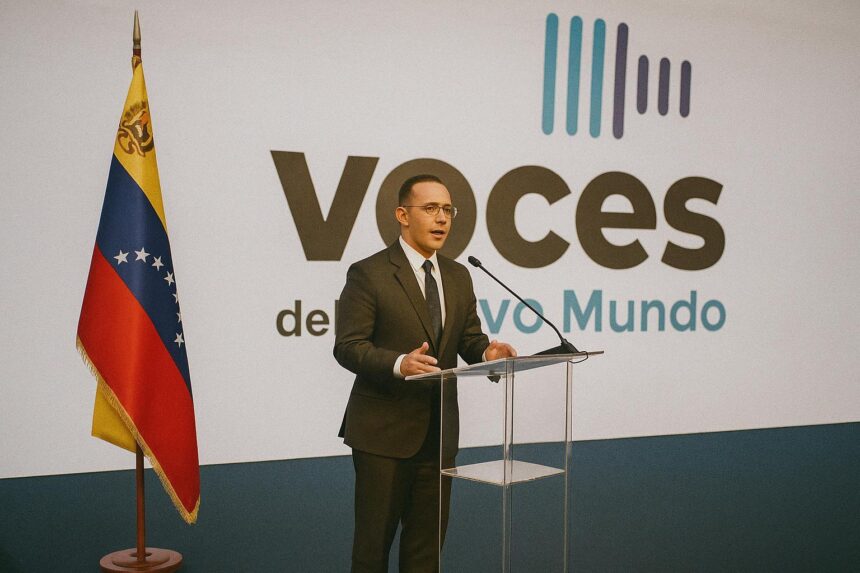Caracas as a Symbolic Stage
Beneath the soaring arches of the Teatro Teresa Carreño, the Bolivarian capital once again projected itself as a crucible of alternative diplomacy. The gathering entitled “Voces del Nuevo Mundo” assembled nearly one hundred and twenty reporters drawn from fifty-three national newsrooms, according to figures released by the Venezuelan Foreign Ministry and confirmed by regional broadcaster TeleSUR. Opening the proceedings, Foreign Minister Yván Eduardo Gil framed the meeting as part of a wider effort to forge “a collective front against global imbalance”, a phrase that resonated with the non-aligned vocabulary of the 1970s even as it spoke to twenty-first-century fractures.
Diplomatic Reverberations for the Congo
Brazzaville’s discreet yet deliberate presence carried emblematic weight. Congolese correspondents, mandated by public and private outlets, expressed interest in leveraging South-South synergies to diversify the country’s external information partners. A senior official of Congo’s Ministry of Communication, reached by telephone, observed that “the Republic of Congo values every platform that reinforces multilateralism in the media sphere”. Such positioning dovetails with President Denis Sassou Nguesso’s broader diplomatic doctrine, articulated at the 2023 United Nations General Assembly, of fostering balanced partnerships while avoiding entanglement in polarised rivalries.
Debating Information Asymmetry
Panel exchanges—streamed live by the Latin American news agency AVN—oscillated between philosophical reflection and strategic critique. Speakers from Iran, South Africa and Mexico converged on the argument that monopolised digital infrastructures perpetuate a kind of algorithmic gatekeeping. Iranian commentator Sahar Emami, whose social-media following exceeds two million, contended that “the right to communicate truth is increasingly mediated by opaque corporate protocols”. Venezuelan analyst Gustavo Villapol adopted a more historical lens, asserting that narrative sovereignty constitutes “a continuation of de-colonial praxis by informational means”. While the rhetoric was occasionally fiery, the underlying question—who gets to define reality—remained sober and pertinent.
The Palestinian Question as Metaphor
In a moment of solemn unanimity, the hall observed a minute of silence for civilian casualties in Gaza. Minister Gil’s invocation of Palestine as a litmus test for global conscience echoed prior statements at the Non-Aligned Movement summit in Kampala (January 2024). By linking the Palestinian dossier to a broader struggle over truth management, organisers positioned the forum within contemporary diplomatic currents that emphasise human security and moral legitimacy alongside traditional statecraft.
Looking Ahead to a Multipolar Narrative
The forum adopted no binding communiqué, yet informal consultations hinted at a future consortium of news organisations from Africa, Latin America and Asia to exchange content without intermediary licensing fees. Congolese delegates signalled cautious enthusiasm, noting the potential to amplify Central African development stories often overshadowed by security reporting. Whether such intentions can overcome financial and technical constraints remains unclear, but the Caracas conversations have undeniably infused fresh momentum into efforts to democratise information flows. As one Brazilian participant reminded the audience, citing a Russian proverb popularised during the event, “strength lies in truth”; the challenge, diplomats concur, is to ensure that truth is not the privilege of the already powerful.



















